Affiliate links on Android Authority may earn us a commission. Learn more.
Unlocked phones: The pains and pleasures
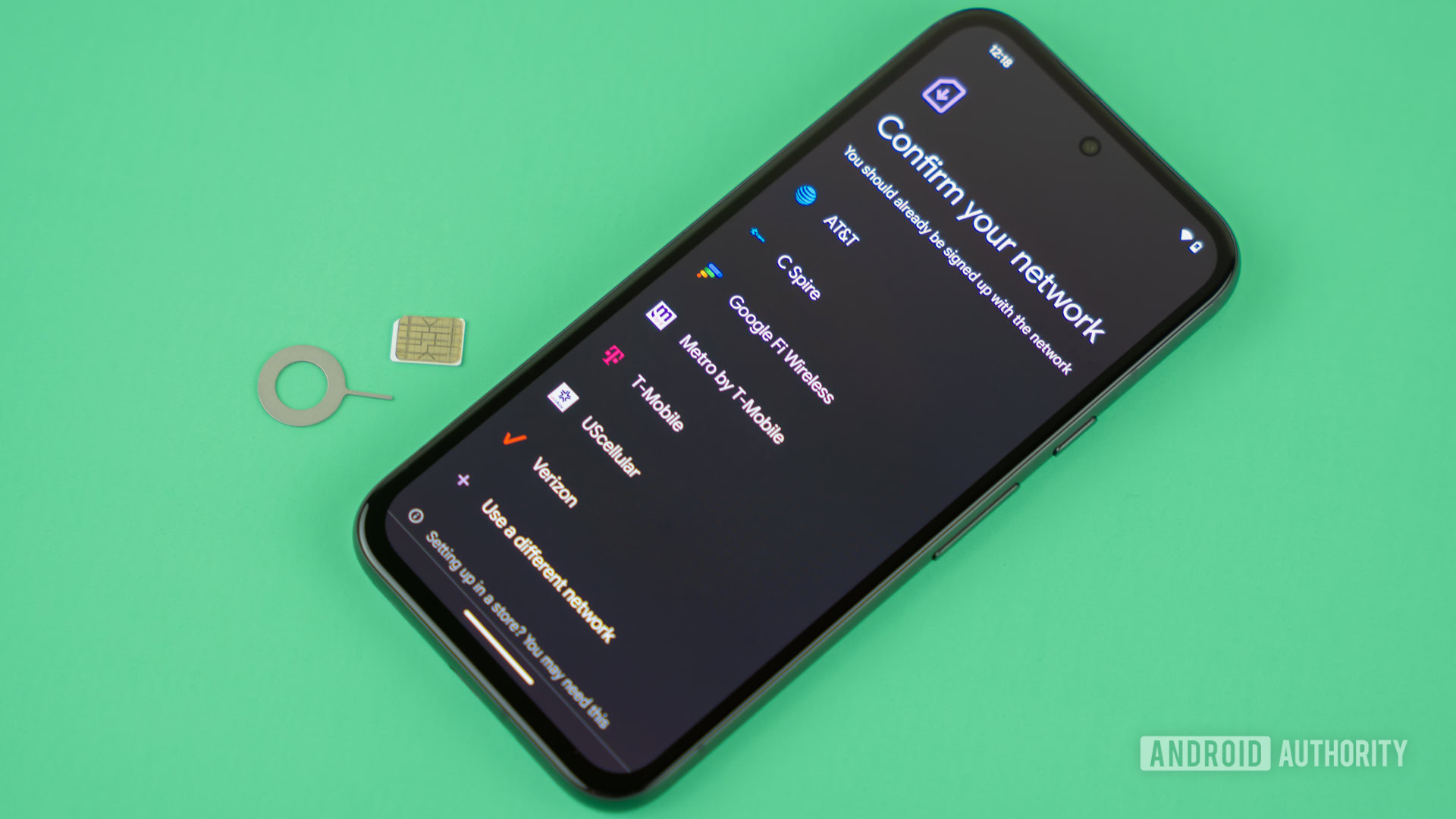
Unlocked phones are gaining ground. We don’t see growth slowing down, as there are many benefits to owning an unlocked phone. Reasons to stick with carrier-locked phones also exist. Today, we are giving you a rundown of the pros and cons that come with buying an unlocked phone.
What is an unlocked phone?
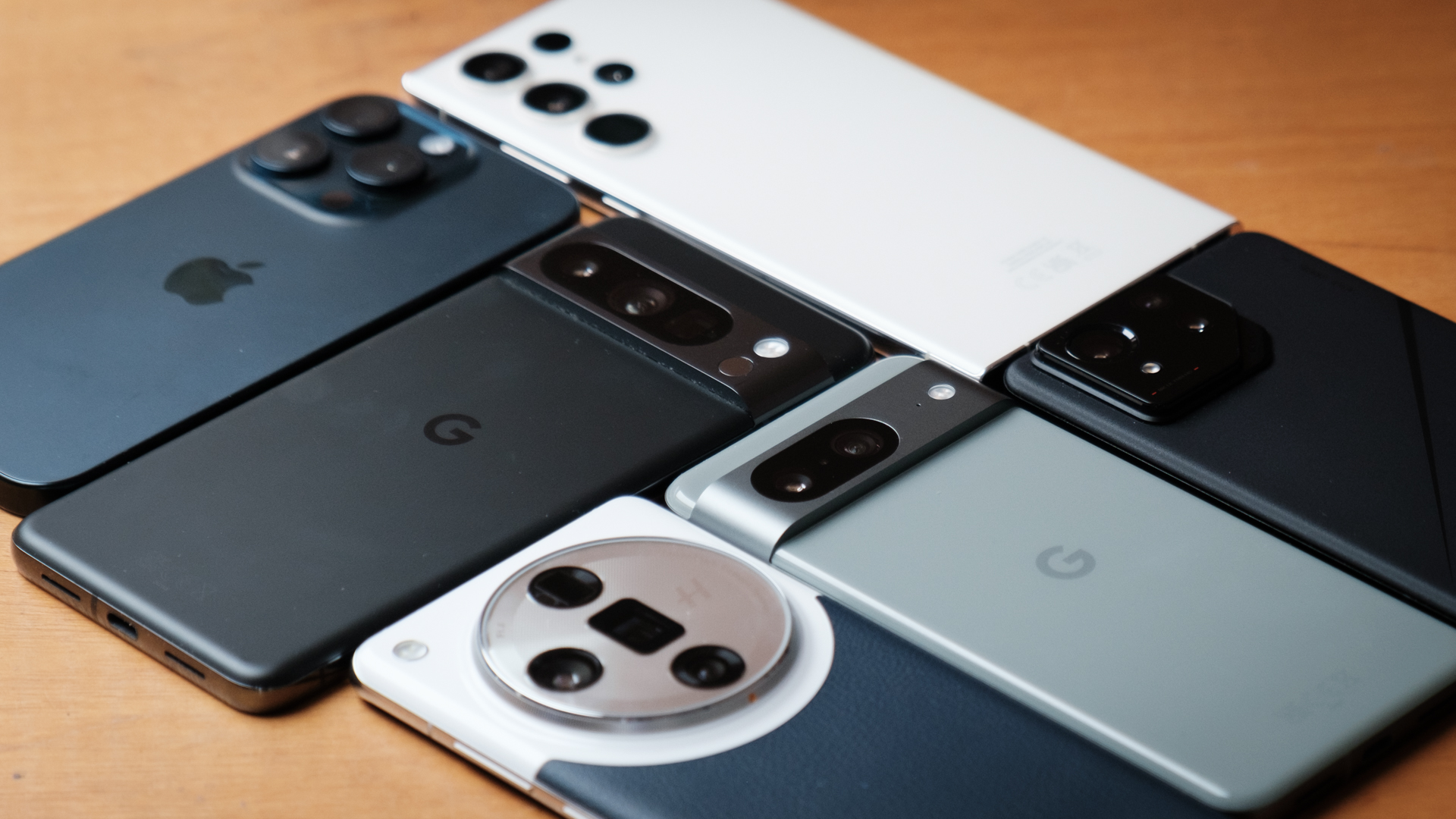
The best way to explain this is by telling you what a locked phone is. Locked phones have been blocked by carriers from working with other networks. Try putting a SIM card from another carrier in a locked phone, and you will get a message telling you this action is a no-go.
On the contrary, an unlocked phone has no network restrictions. You can pop any SIM card into an unlocked phone and get it working with the carrier of your choice (given the supported radios are compatible).
Why do cellular providers lock phones in the first place?
It’s crucial to note carriers have their reasons for locking devices. The main one is ensuring customers stay with them. Carriers want to ensure you don’t go giving your business to competitors.
Carriers lock phones to ensure you don't go giving your business to competitors.
Carriers also want to avoid theft or fraud. People can sign cellphone contracts, default on them, and then keep their phones. This would probably be a more common practice if all phones were unlocked and ready to use elsewhere. This is why carriers commonly offer to unlock devices after your contract or payment plan has ended, you have paid the smartphone off, or you have spent some time using their network.
Unlocked phone advantages
Carrier freedom
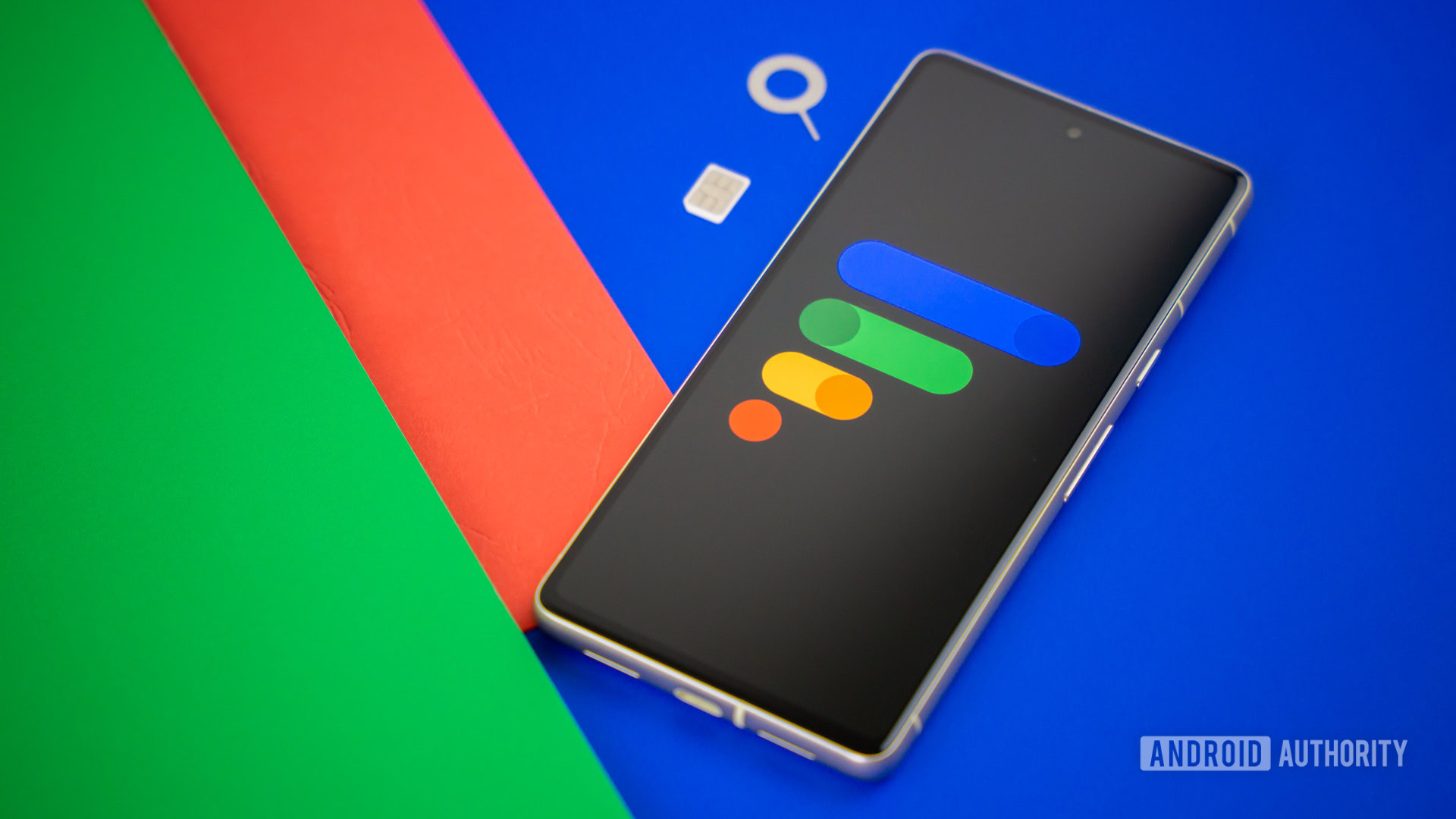
Unlocked phone users have no restrictions, contracts, or ties to any company. They can shop around without limits. Whether they want T-Mobile deals, Verizon quality, or the lowest prices the market can offer, they are free to switch carriers as they please.
You can even get better pricing by going with a prepaid plan from an MVNO. There is a catch, though! Your phone must be compatible with the network (more on that in the cons section). It’s easy to get super cheap plans from MVNOs like Helium Mobile, Mint Mobile, Google Fi Wireless, Visible, and others.
How about two networks?!
Dual-SIM unlocked phones make it possible to use two networks at once. Say you want to use a carrier for calls/texts and another for data. Maybe you travel often and want to have a SIM card from another country. This is all possible with a dual-SIM unlocked phone.
Not all unlocked phones offer dual-SIM capabilities, but it is becoming much more common thanks to the introduction of eSIM technology. Most modern phones now have eSIM, as well as the typical physical SIM card slot. There are a few exceptions that have completely removed the physical SIM card slot, like newer iPhones, but most phones still feature both technologies. Regardless this is a feature you mostly won’t be seeing in locked devices. And if you have a single-SIM unlocked phone, you can also swap SIM cards at will.
We have a dedicated list of the best dual-SIM phones available if you’re looking for dual-SIM functionality.
No monthly payments
Carriers offer phones on monthly payments, which is very convenient, but makes your bills pricier. Device payments keep you in debt with the carrier, making it harder to leave the network if you ever want to. It’s always nice to be debt-free and keep your monthly expenses as low as possible. Unlocked phones are usually bought outright, and paid in full.
And if you happen to like making smaller monthly payments on phones, you can always try to get financing outside your carrier. Plenty of retailers offer good deals, such as zero-percent APR financing for specific periods of time.
You can save money!
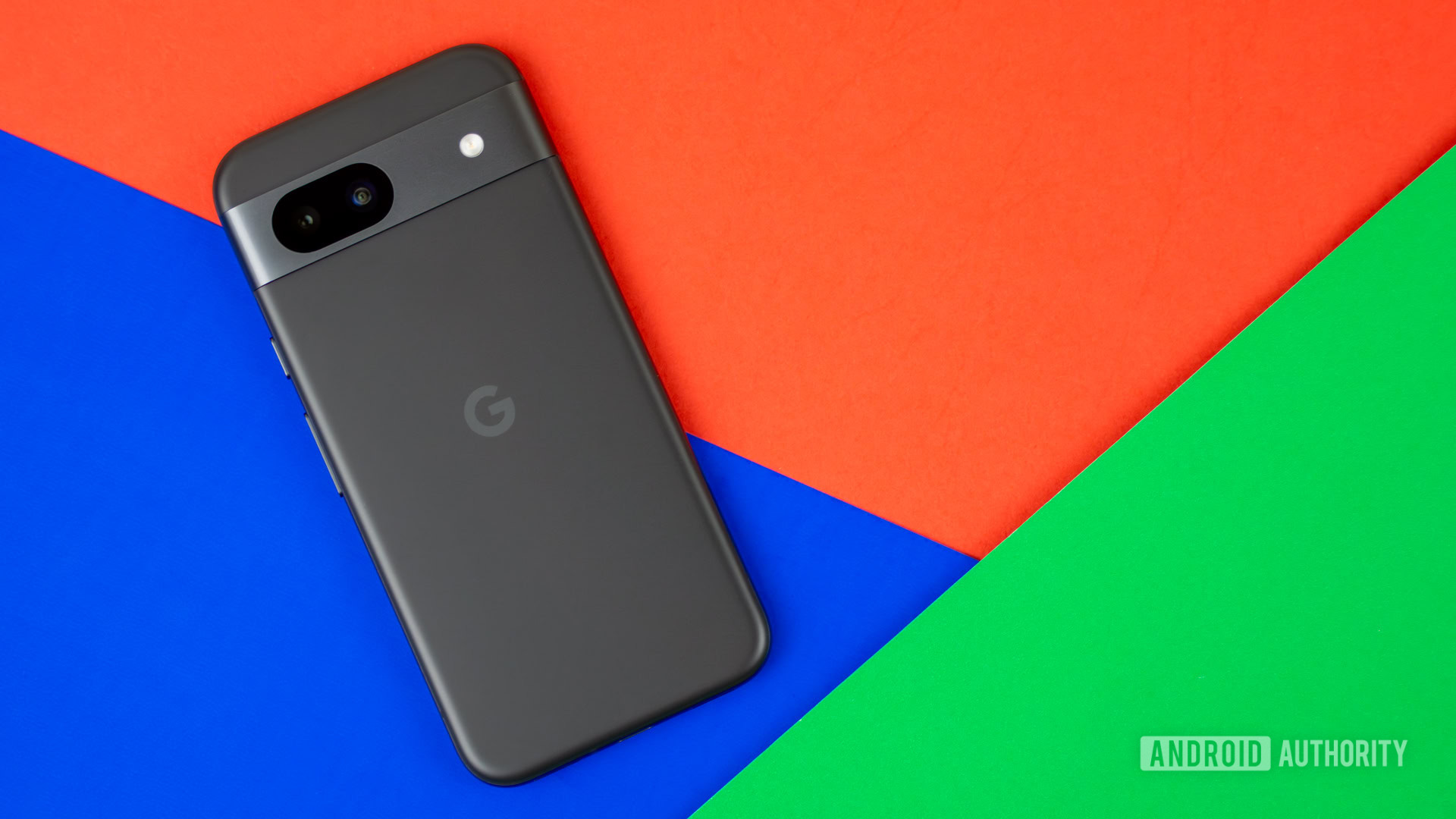
Carriers are businesses and obviously want to earn as much money as possible. Their smartphone prices are not always fair, and they are only ever cheaper if they can hook you into staying with them for a longer period of time. Let’s take the Google Pixel 8a as an example.
Carriers will get discount money back from you eventually, and then some.
As of the time this article was written, the Google Pixel 8a costs $550 on Verizon. Meanwhile, you can get the same phone unlocked at Amazon for $500. We know the price difference isn’t huge right now, but it’s something, and additional discounts come often. You could also save more if you don’t mind buying a used unlocked phone!
Carriers often have deals that drive down their device prices, but they always want you to get these on device payments or take on a contract. This only means they will eventually get the money back from you, and then some. This is because you will also have to stick to their own services and usually higher prices for years to come.
Unlocked phones help avoid over-spending
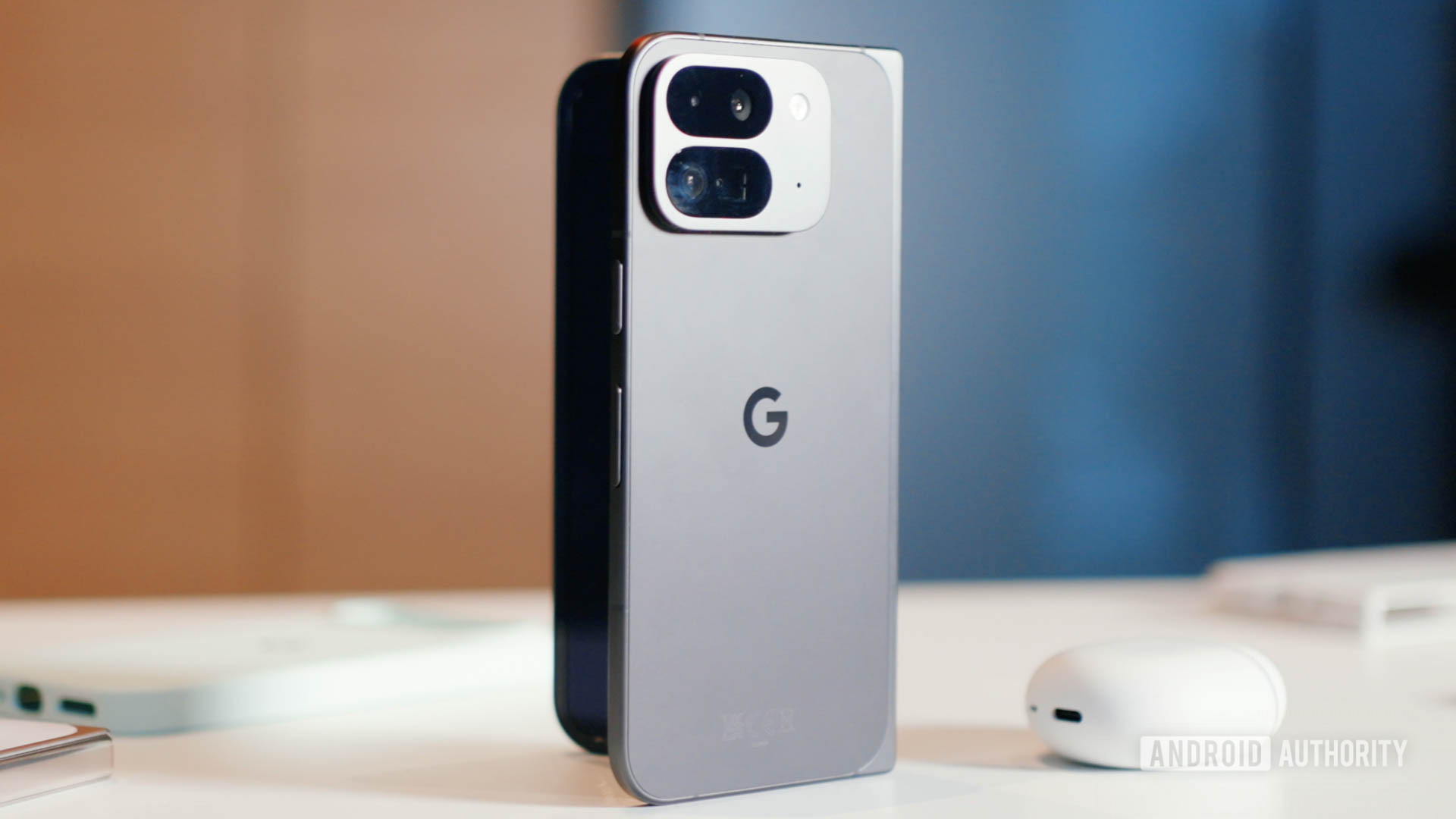
See the device above? It’s a Google Pixel 9 Pro Fold, and it costs a whopping $1799. Any sane (non-rich) person would think twice or three times before forking out nearly two grand for a phone. But something along the lines of $50 a month? That’s much easier to swallow! The thing is, you’re still going to end up paying that money over the long run.
Buying unlocked will not only get you lower prices on devices and give you the freedom to shop for cheaper plans, but it will also help you avoid overspending when not considering the total cost of a phone. These carrier device payments make it easy for us to buy expensive smartphones we otherwise wouldn’t.
Device payment plans make people think it's OK to spend over $1,000 on a super-phone to... check their emails and use social media.
Very few people take full advantage of what high-end phones have to offer, but you see people using them every day. Device payment plans make people think it’s OK to spend over $1,000 on a super-phone to… check their emails and use social media. Maybe if we had to pay for our devices outright, we would think twice about getting the industry’s latest and greatest smartphone! After all, most people would do just fine with a good budget phone.
Not limited to carrier selection
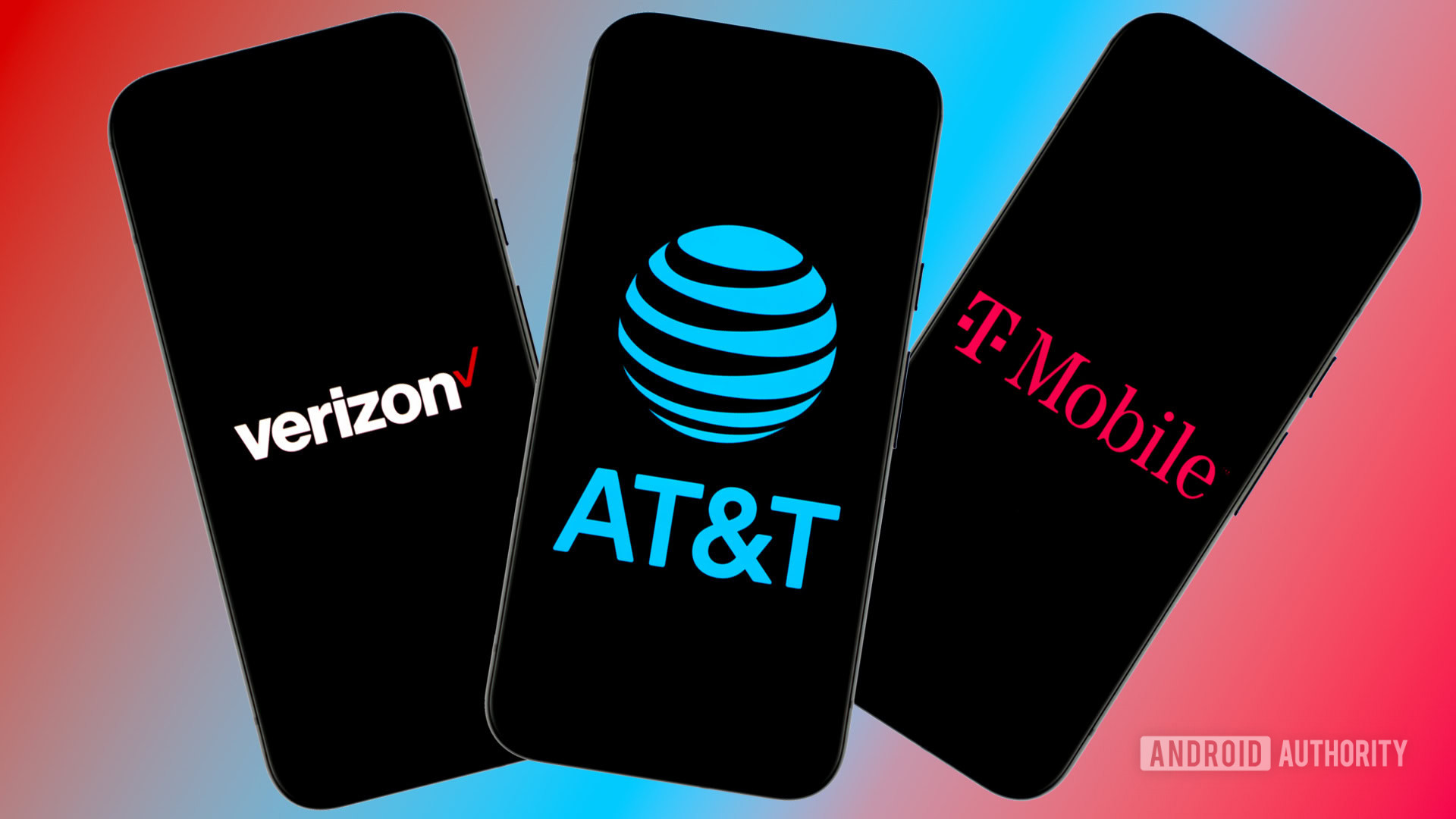
Carriers have a limited selection of devices. They all tend to have the most popular phones, but you might prefer other options out there. When buying unlocked, you can choose from many manufacturers worldwide, and there are many excellent phones with limited or no availability from US carriers. Some examples off the top of my mind include the OnePlus 12, REDMAGIC 9S Pro, Nothing Phone 2, and the Sony Xperia 1 VI.
No carrier bloatware
American carriers love throwing unnecessary apps on phones. While some manufacturers are also guilty of this, we don’t need carriers pre-installing even more smartphone apps. Most of these are useless, and they often can’t be uninstalled.
Most carrier apps are useless, and sometimes they can't be uninstalled.
Of course, you might still need to deal with some manufacturer bloatware apps.
Unlocked phones get quicker updates
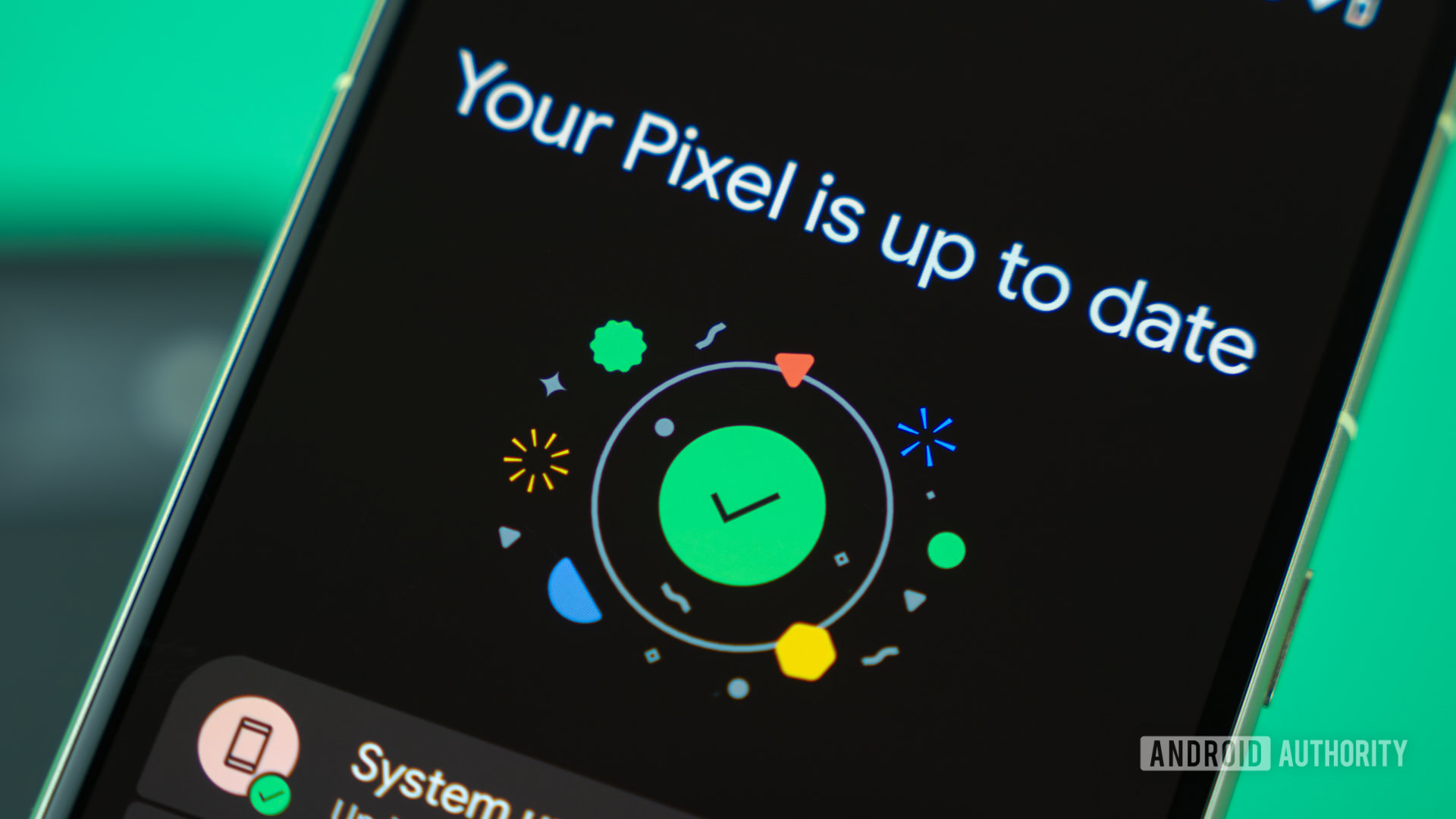
When carriers are involved, software needs to go through an extra filter before reaching your device. The process goes something like this: Google releases its software updates, the manufacturer optimizes it for its phones and hands it to the carrier, the carrier optimizes it for its phones and network, and then it gets to your device.
All these steps could take weeks or months, and that’s if it happens. Unlocked phones skip the last step and get software updates from the manufacturer. And if you care for timely updates, you can even get a Pixel device, which is updated straight by Google.
Unlocked phone disadvantages
Unlocked phones get no support from carriers
This is easily the most significant disadvantage of going with an unlocked phone. Carriers will let you use unlocked phones, but they won’t offer support if anything goes wrong. When your phone starts failing, the network has issues, or you have any technical difficulties, you will be on your own. The manufacturer has its support team, but their knowledge is limited to their products, not carrier network technology.
All that said, I have been able to get help from carriers, even when using unlocked phones. There is a much higher chance they won’t be as knowledgeable, though. And they certainly have the option to deny any help.
Does your unlocked phone even work with your carrier?
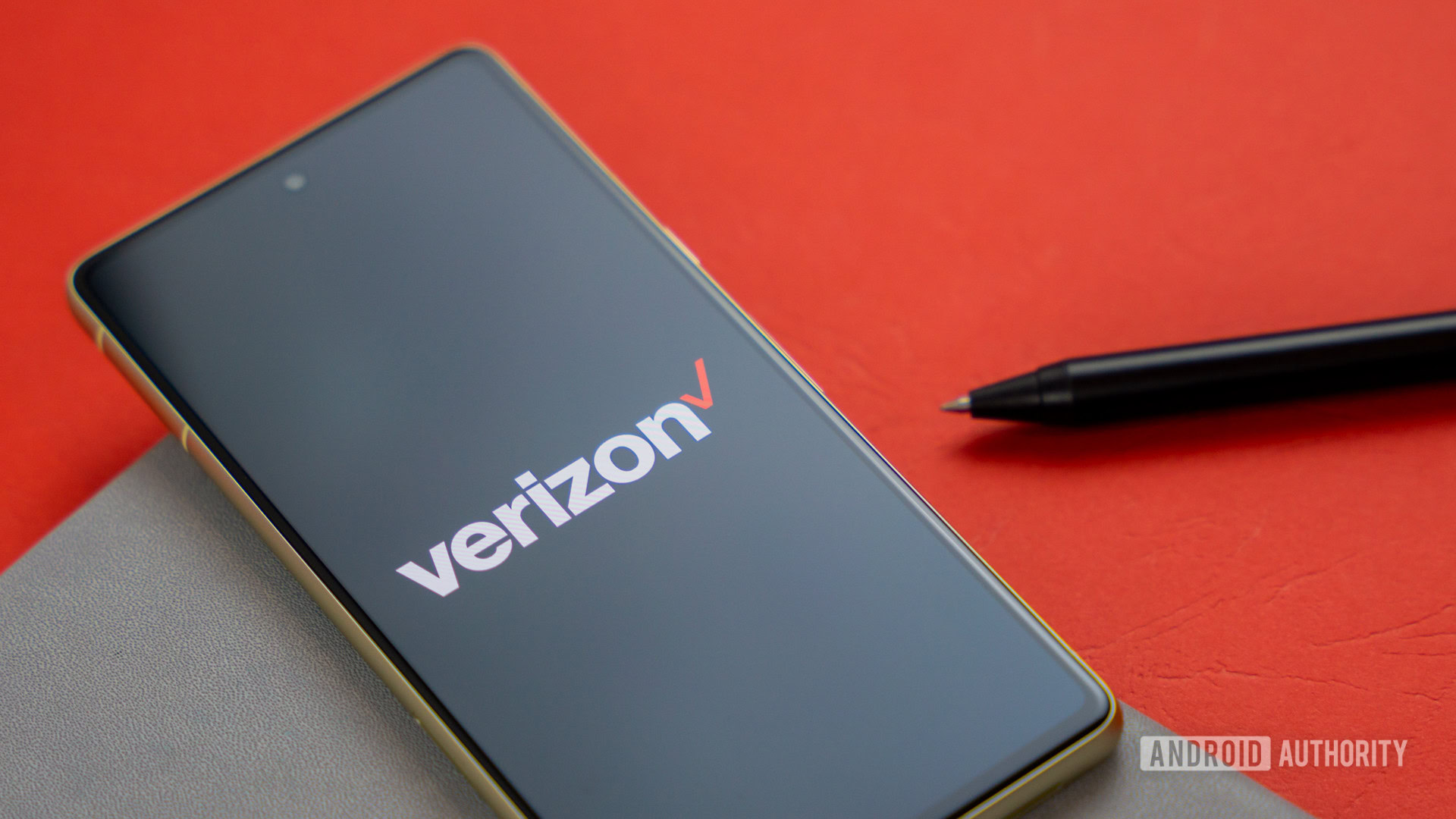
We have already established that unlocked phone owners need to be tech-savvy, but it’s for more reasons than support. You must determine if your unlocked phone will even work with your desired network(s). This can be confusing, as it requires you to know which radio bands carriers use.
Buying an unlocked phone requires a lot of research! On the other hand, carriers will only sell you phones that work perfectly in their networks. That said, most unlocked phones sold in the US now work with nearly all carriers in the US, so things are getting easier.
Carrier warranties and insurances are better
Every new phone gets a warranty from the manufacturer, but we all know how painful the process of claiming it can be. You must call customer service, spend hours with them, ship the device, get it fixed or replaced, then it’s sent back. Dealing with your carrier is much simpler. You can usually show up at your local retail location, and the team will take care of things. At the very least, they can help you through the claim process.
Carriers also offer insurance through select partners, and these can offer pretty good deals. You can cover your phone against malfunctions, drops, spills, theft, and even loss. This provides the peace of mind many customers like. Of course, there are also third-party insurances, but their experiences are never quite as seamless as going straight with your carrier.
Unlocked phones need to be paid for in full

Unlocked phones must be paid in full, unless you use a credit card or third-party financing. The point is you need to cover the cost of the phone right away, and we all know these gadgets can be expensive. Seeing your account suddenly drop by over $1,000 because of a high-end smartphone doesn’t feel good. Sometimes, even affordable phone prices can hurt.
A monthly payment is easier to swallow than forking out hundreds or thousands of dollars on a phone.
Carriers offer devices on monthly payments with 0% interest. Monthly payments are easier to swallow than forking out hundreds or thousands of dollars on a phone in one go.
Carriers sometimes offer sweet deals!
In the unlocked phone advantages list, we mentioned you tend to pay more for carrier devices. We have seen carriers also offer some very sweet deals, though. There is a catch, as the deal will lock you to the carrier and usually requires signing up for certain plans. If you already want to be on that carrier and like their higher-end plans, though, your commitment to them can help you save cash.
Carriers often reduce smartphone prices and offer those discounts in the form of monthly credits to your bill. Sometimes, they also have BOGO (buy one get one) deals, which means you end up saving 50% if you get two phones. We’ve also seen them highly discounting (and sometimes even giving away) cool accessories like headphones and smartwatches.
Where can I buy unlocked phones?
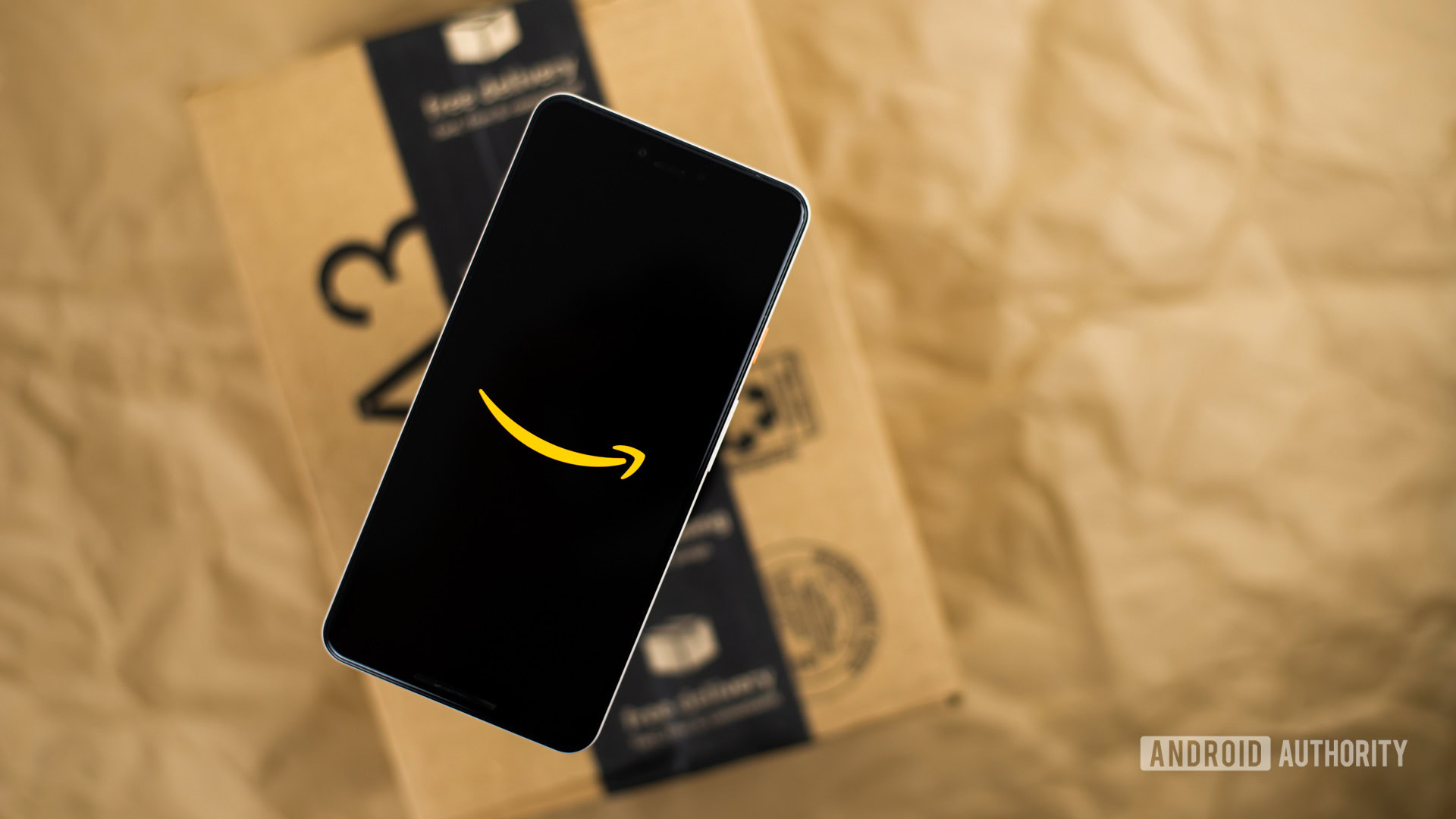
So you now know what an unlocked phone is and are considering going that route. Now what? The most popular way to buy unlocked phones is online. Popular websites for purchasing unlocked phones include Amazon, eBay, and Swappa. Going to a manufacturer’s online store is usually another option. You can also find them in certain retail stores like Best Buy, Walmart, etc., but their selection isn’t commonly as wide.
If you are interested, we have created a list of the best Android phones, and most of the links in there are for unlocked devices. Hit the link to see which unlocked phone is best for your needs and budget.
FAQs
An unlocked phone is a device with no carrier restrictions. Locked phones are restricted to a specific carrier.
An unlocked phone will work with any carrier, given that it has the necessary technology to operate correctly. Does your carrier use CDMA? GSM? A mixture of both? You will also have to make sure your phone has the necessary radio bands to work with your network.
The MSRP is usually about the same whether you get a carrier device or an unlocked one, but carriers may inflate prices a bit. That said, finding deals on unlocked phones is much more common if you’re paying them in full. On the other hand, many carriers also discount locked devices if you’re willing to sign into their contracts or device payment plans.
You’re more likely to get help from your carrier if you bought your device straight from it. The support team might offer some help, but anything more complex will have to be dealt with by the manufacturer or insurance provider.